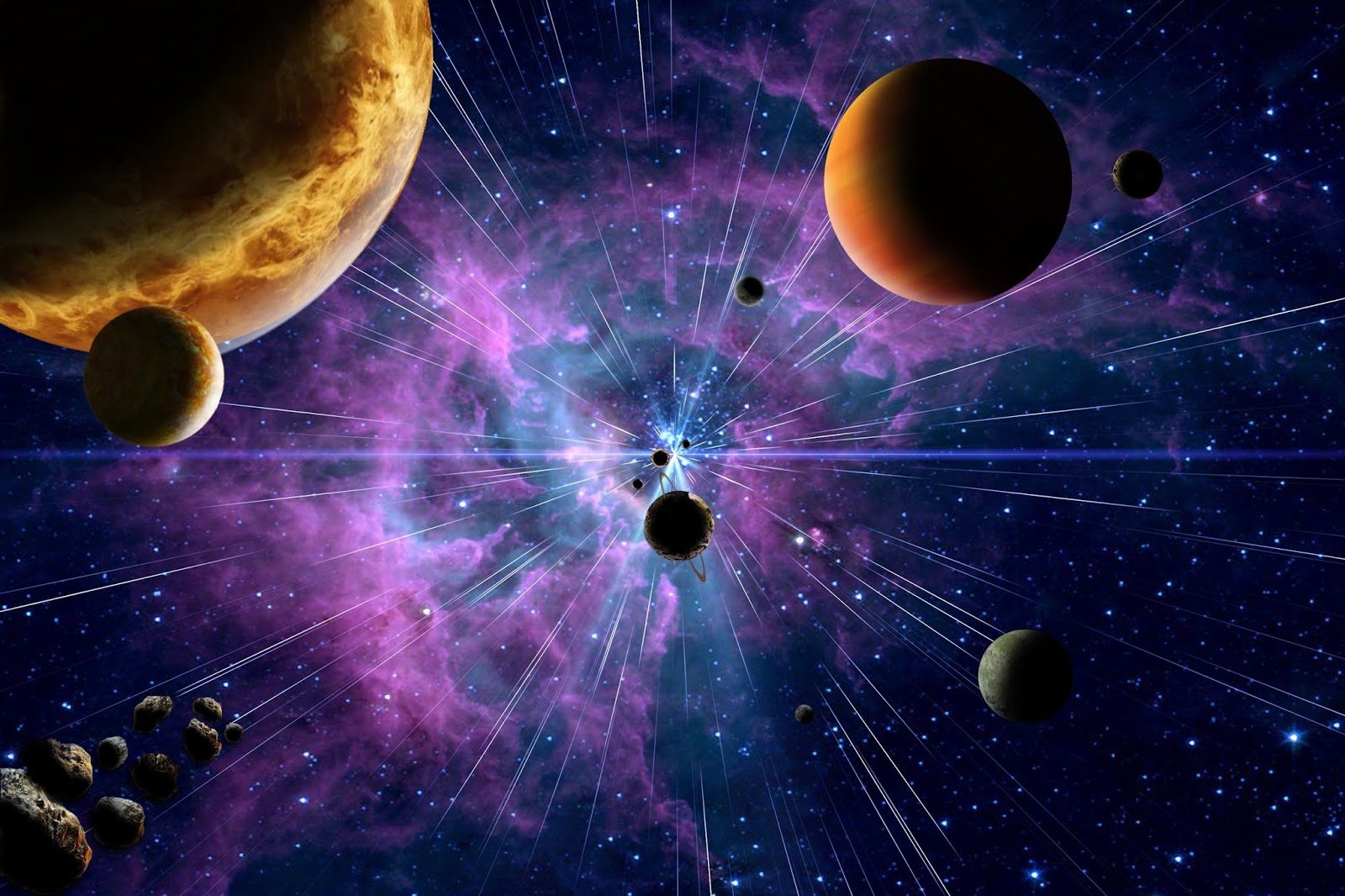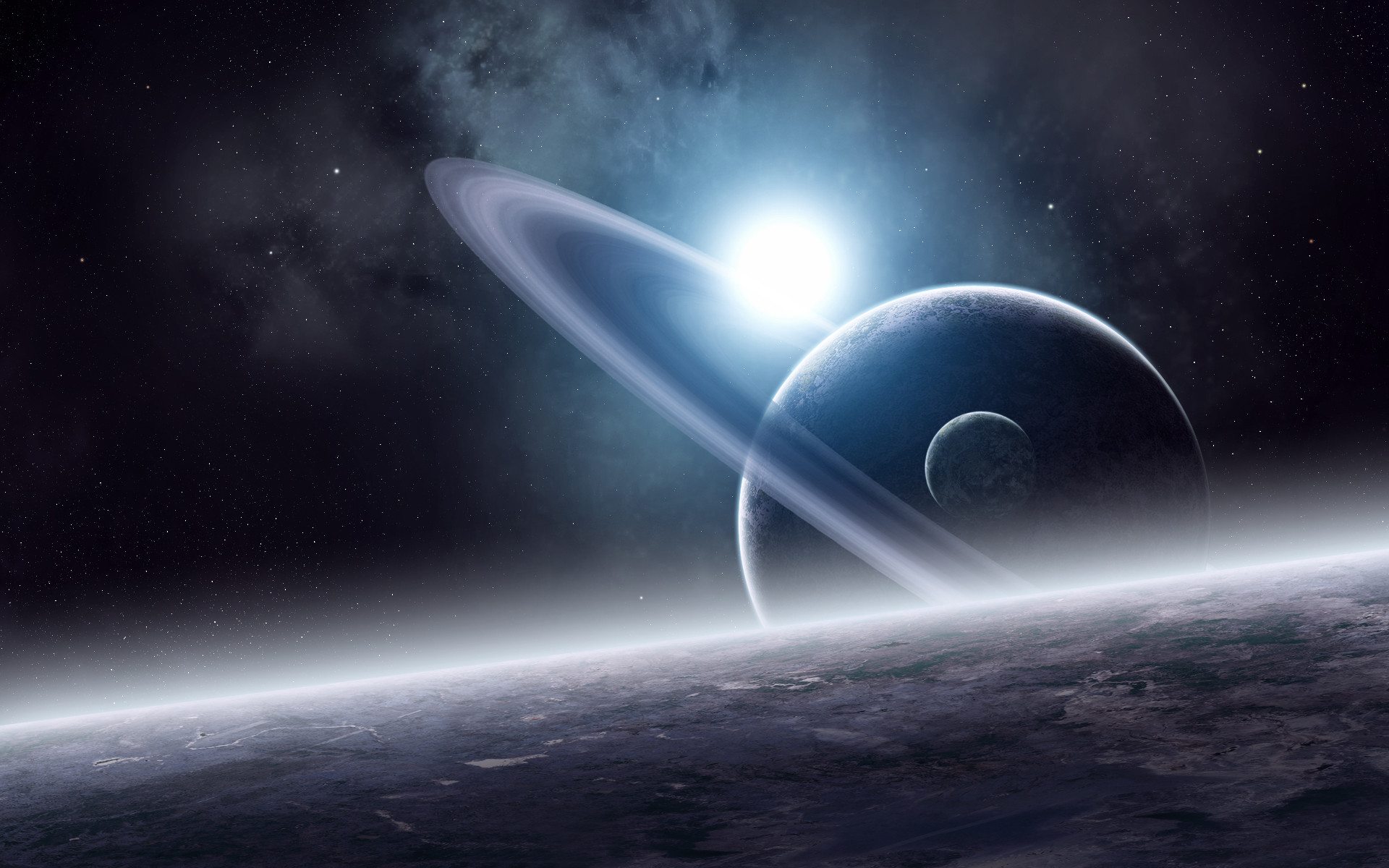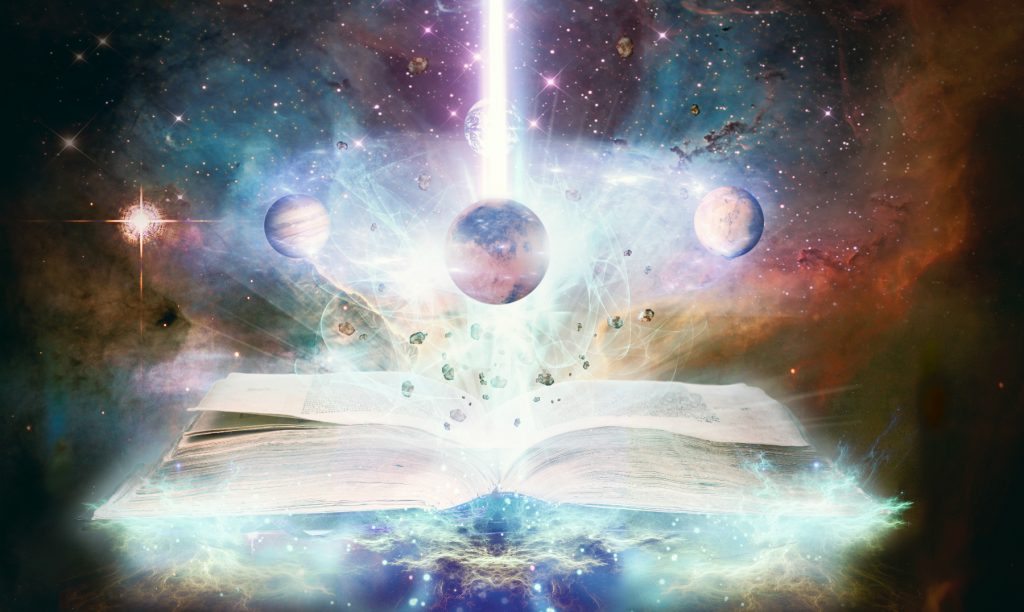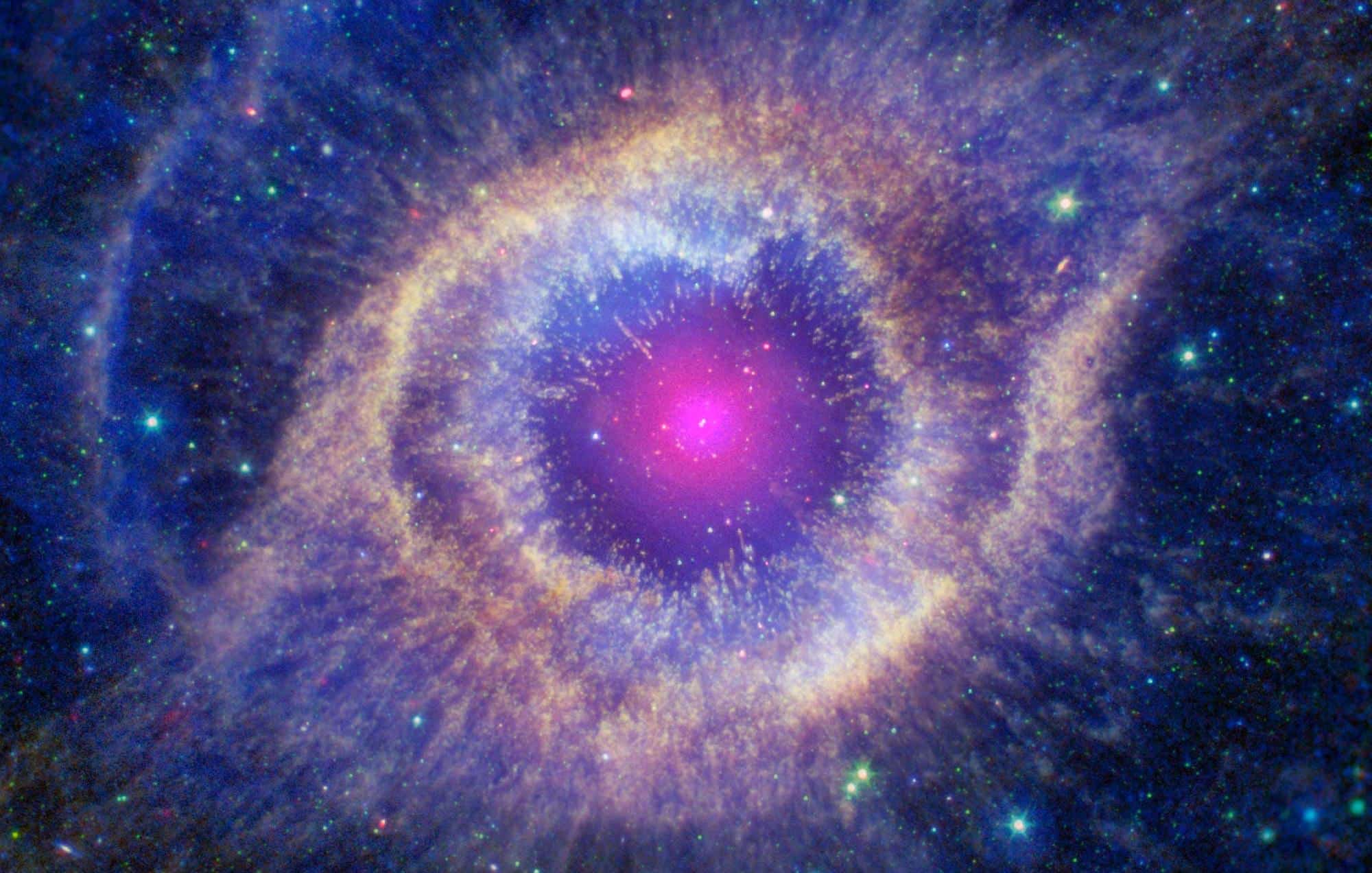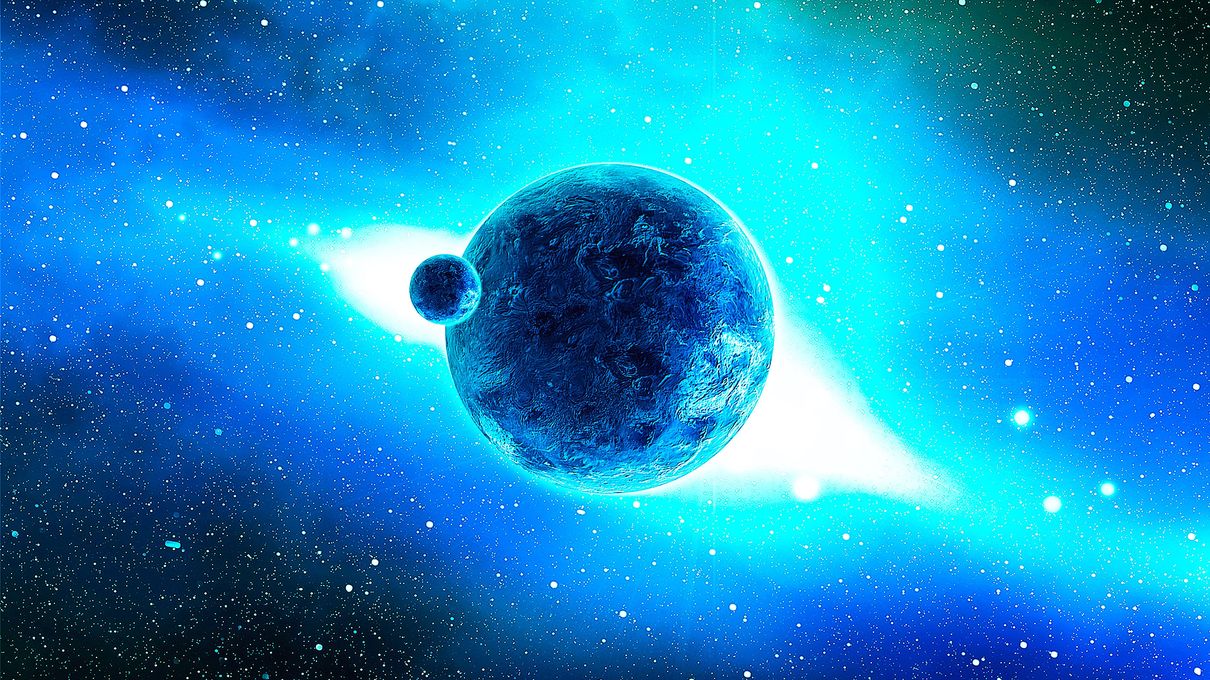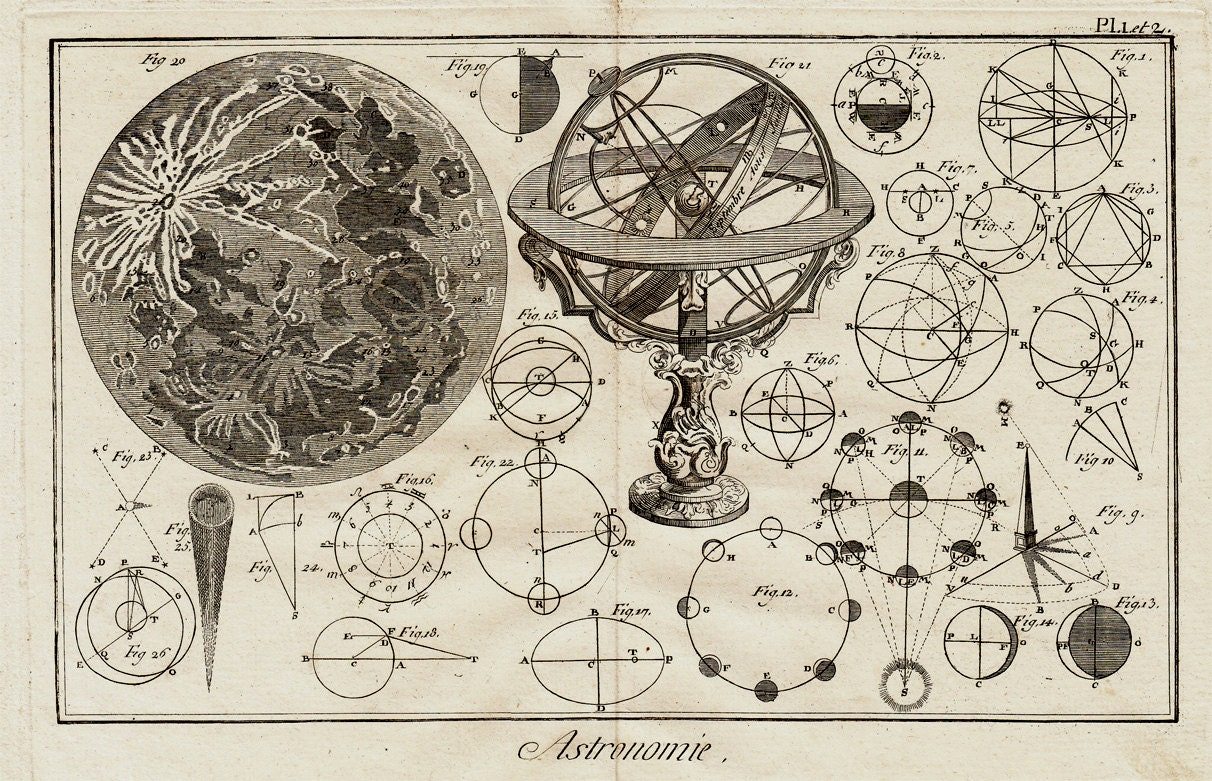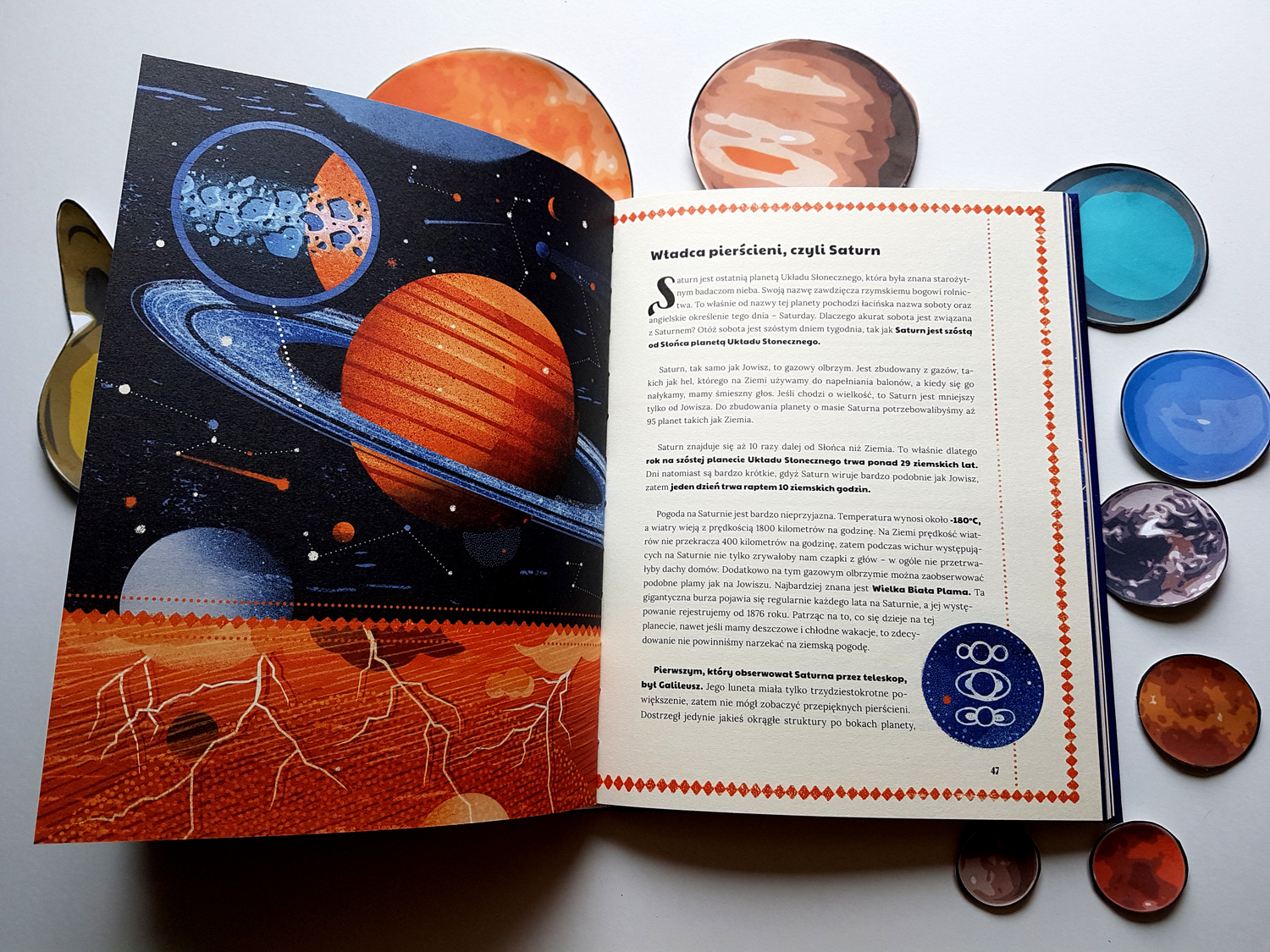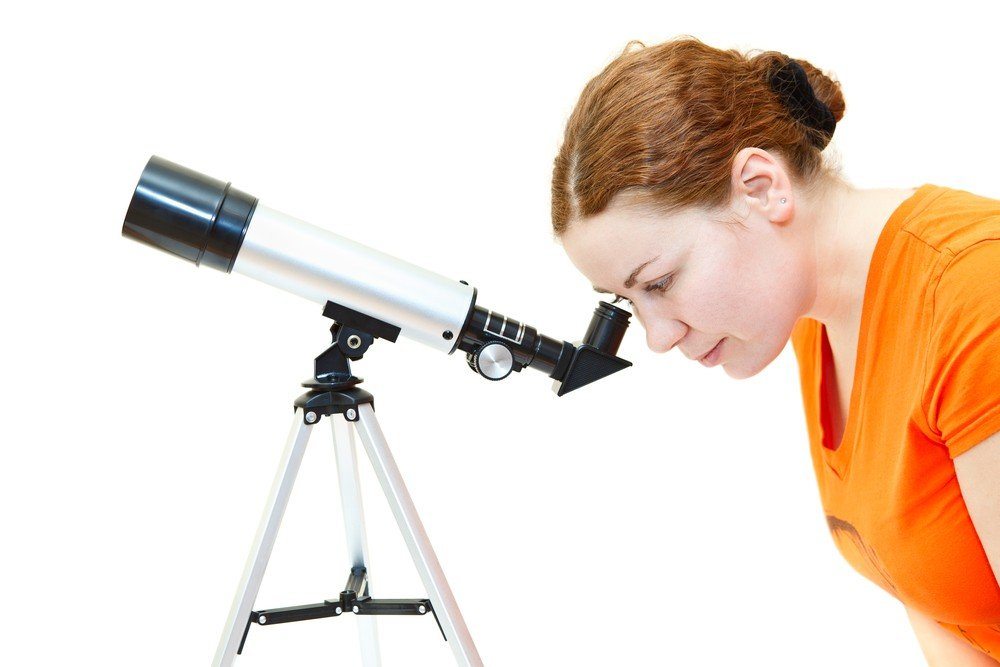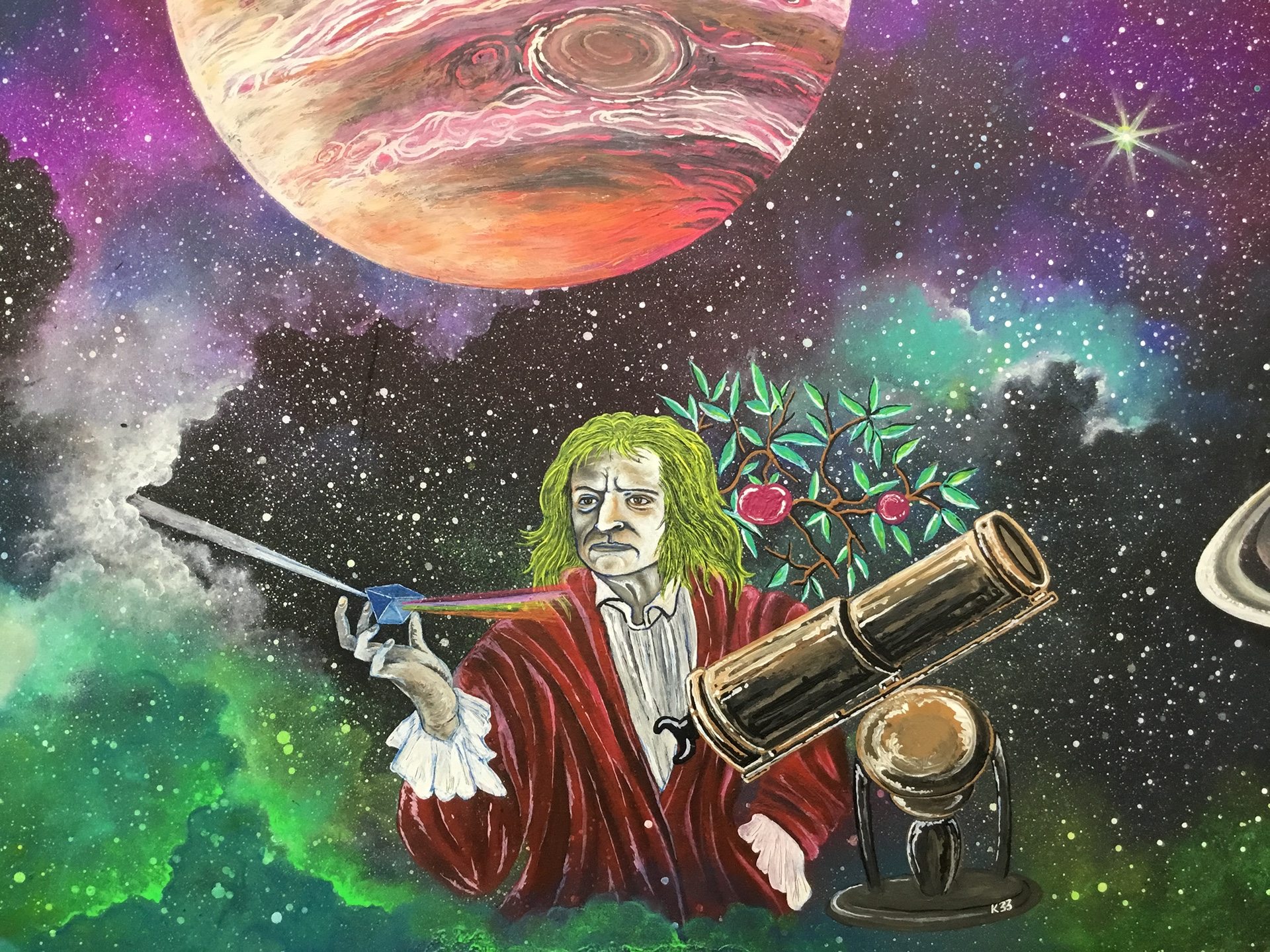Astronomy: Understand what this area is and its characteristics!
Astronomy is the science that studies the celestial bodies found in the cosmos. They are the stars, planets, satellites, comets, meteorites and galaxies. This science is dedicated to studying all interstellar matter, as well as its interactions and motions.
Astronomy is said to be an ancient science, as the mysteries that the firmament hides were the first questions that arose in human beings. The answers range from the religious to the mythological, a quest that has been going on for years.
Some say that humanity has always been drawn to the discovery of the cosmos. The search for answers based on theories and discoveries a little far from reality, gave rise to signs associated with magic.
This is in the company of superstition and the power that this type of stellar matter is supposed to give off and its impact on earth and life.
But beyond that, astronomy has been part of human history since ancient times. It has also been essential in the development of other scientific disciplines such as mathematics or physics.
BRANCHES OF ASTRONOMY
Astronomy comprises the following branches:
Astronomy has also accompanied other areas of knowledge and other disciplines, such as navigation. Especially when there were no maps or compasses.
ASTRONOMY AND ITS IMPACT ON SCIENCE AND THE WORLD
As we mentioned earlier, humanity has always been curious to answer how the cosmos came to be. This curiosity, according to the story, was from the beginning, but it is the moment of rebirth that marks the beginning of an era of discovery.
From the 15th century, Europe begins the Renaissance era. The astronomer Nicolaus Copernicus marks his tendency by rejecting the geocentric universe and proposing the heliocentric theory.
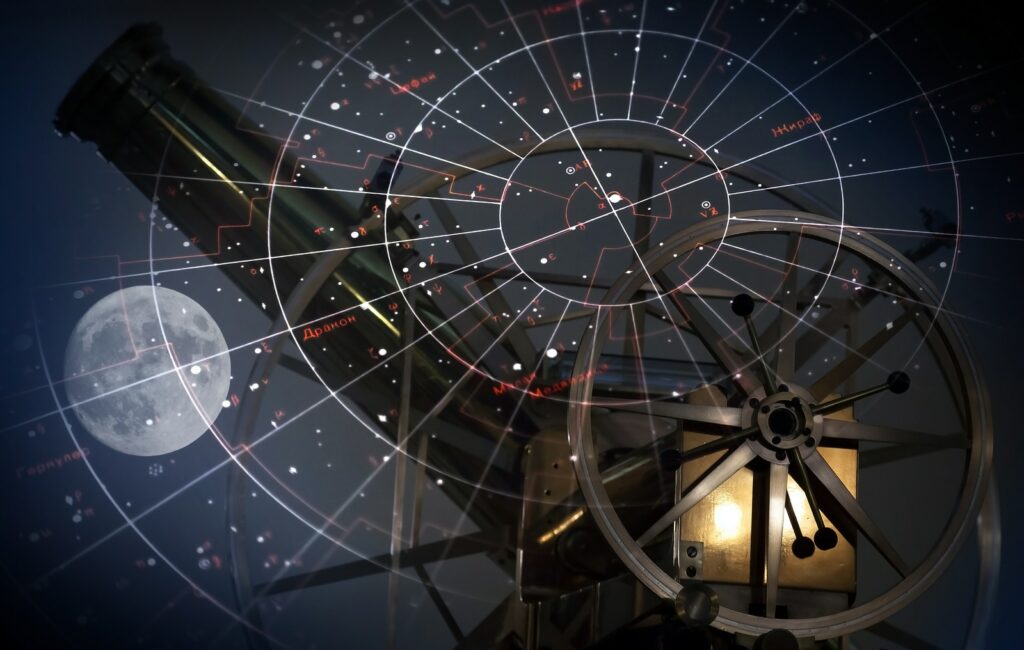
This theory describes the sun at the center of the solar system and the earth, like the rest of the planets, revolving around it. Copernicus continued to use circles and simplified calculations.
While also an astronomer, Tycho Brahe dedicated himself to collecting data on the movement of the planets in the largest astronomical laboratory at the time. His measurements were perfectly accurate, despite not having the help of the telescope.
In turn, astronomer Johannes Kepler and assistant to Brahe, merged his data with Copernican theory to enunciate the first laws that kinematic describe the motion of the planets.
THE ARRIVAL OF THE TELESCOPE
It is said that there is no official inventor of the telescope. According to history there was an attempt to patent that instrument that would be significant for astronomy by Hans Lippershey, but it was not successful.
In fact, it is speculated that this type of optical tube already existed in Europe, but none that achieved the perfect observation required by astronomy. Some say that the first telescopes could have been made by a Girona craftsman named Joan Roget.
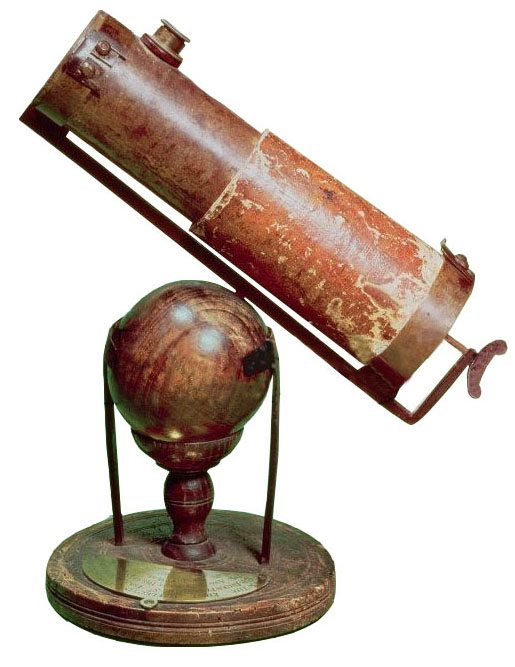
But, as a historical date, the year 1609 shines. When the existence of these optical tubes reached the ears of the astronomer Galileo Galilei. It was then that Galilei copied, perfected and built a telescope that pointed to the sky and from there began the years of discoveries.
Galilei, at the same time that Kepler was developing his laws and studying the stars with his improved telescope. He discovered the moon’s craters and mountains, the four great satellites of Jupiter, and defended the Copernican system. Since then, discoveries have been continuous.
Thanks to today, the emergence of computers, advances in technology, space travel and the Internet, it has been possible to know the depths of the universe, its development over time and its study to give concrete answers far away to superstitions or topics of Magic .
Differences between Astronomy and Astrology
Keep in mind that astronomy is a science while astrology is a pseudoscientific belief. Astronomy is based on logic and deduction, as you can see. Astrology, on the other hand, incorporates intuition and comparison between the stars and humans into the study. So what is the difference between astrology, astronomy and cosmology?
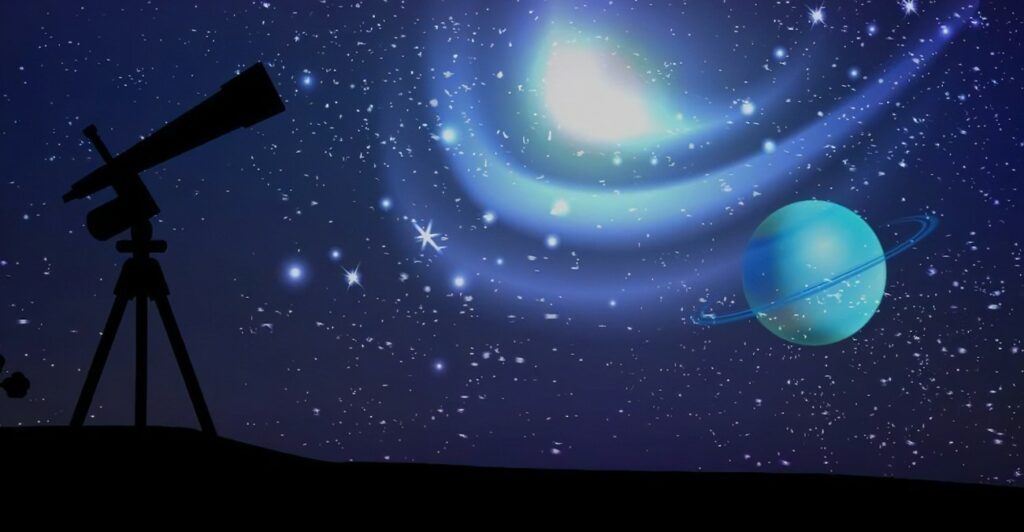
Astrology studies the stars, ways of predicting the future and trying to relate the characteristics of a person with their zodiac and cosmology is the study of the universe as a whole, which involves the different theories that address its origin, its evolution throughout of time and its current structure and for the future.
Which makes you wonder, what are the zodiac signs and their origins? It is believed that the study of the signs of the zodiac began with the Egyptians, who took it to the Babylonians and these to the Greeks. “Zodiac” comes from the Greek word “zoon” meaning animal and “kyklos” meaning wheel.
Knowing this, who created astrology? In the 2nd century, the astrologer Claudius Ptolemy was so obsessed with getting accurate horoscopes that he made the first attempt to make a correct world map (because earlier maps were more relative or allegorical) to map the relationship between a person’s place of birth.
What did you think of the information about the astronomy branch? Did you know all the details presented about this science? Leave your comment below, sharing with us what you found most interesting about this segment!
